Description
-

Christine A Wing – Improve Self-Regulation Through Language & Communication Skills: Practical Strategies & Tools for Children & Adolescents
Description
You’ve worked with the child who has difficulty transitioning from one activity to another, becoming upset or overly silly. Waiting for his turn is difficult if not impossible, as is following daily routines. Despite repeated requests from his teacher to “use your words,” he typically is not able to communicate his wants and needs and becomes angry or shuts down. This child lacks self-regulation, and struggles both academically and socially.
Communication skills play an important role in the development of self-regulation. In this workshop, you will learn how to use language to improve self-regulation for children with:
- Language delays/disorders
- Emotional & Behavior Disorders
- Attention deficit/hyperactivity disorder
- Attachment disorders
- Autism
- Social Risk
You will learn techniques in formats that you can apply to your work immediately, illustrated through case studies and intervention videos. Bring your challenges with you to the workshop, as Dr. Wing will also facilitate group problem-solving. Discover new and innovative ways to help children develop self-regulation through language!
Handouts
| Webcast Manual (6.03 MB) | 56 Pages | Available after Purchase |
Outline
Relationship Between Language and Behavior
- Language comprehension and expression
- Language pragmatics
- Dynamics of shared risk factors:
- depression, family conflict, parent education, fathers, and attachment
Role of Language in Self-Regulation
- Internal state words/words that express:
- Volition/ability Physical states
- Perception Emotions
- Morality Thought
- Working at the intersection of socialemotional and language development
- Facilitate self-regulatory language
- Theory of Mind
- Executive Function
Strategies for Language Disorders/Delays
- Determine knowledge and use of internal state words
- Fast mapping internal state words for early language
- Words for:
- Intention Ability
- Judgment Cognition
- Time
- Condition build problem-solving
- Self-talk for problem-solving video
Strategies for Emotional/Behavioral Disorders/Conduct Disorder
- Screen for language reception, expression, and pragmatics
- Identify behavior problem and use corresponding verbal input
- Debrief after problem episode
- Script development demonstration and video examples
- Use role models
- Co-regulation strategies
- Nonverbal body-calming techniques
Strategies for ADHD
- Focus and condense instructions
- Language for organization and staying on task
- Determine child’s level of language skills
- Cues for low to high language levels
- Transition to self-cuing
Strategies for Autism Spectrum Disorder
- Translate behavior to words
- Pair sensory experiences with words for physical states and perception
- Recognize and represent emotions
- Apps for storytelling
- Personal narratives for high functioning ASD
Strategies for Trauma/Maltreatment
- Apply attachment theory to daily conversationsv
- Relationship-based language
- Personal narratives
- Language to decrease disassociation and hyper-vigilance
- Internal state words to build awareness of child and self
- Case study
Strategies for Children at Social Risk
- Increase language interactions in small groups
- Use social-emotional themes: lesson plans
- Internal State Language Intervention
- Program (ISLIP) handout
- Video demonstration of ISLIP lesson plan
Faculty
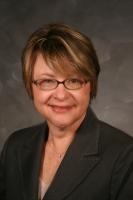
Christine A Wing, PhD, CCC-SLP Related seminars and products: 2
Speech-Language-Hearing Sciences
University of Minnesota
Christine A. Wing, PhD, CCC-SLP, has worked extensively with children at risk for or demonstrating significant behavior problems. She has worked closely with educators, mental health professionals, and therapists in both educational and health care settings. Dr. Wing integrates her clinical work as a certified speech and language pathologist with her own research on the relationships between language and behavior problems.
Dr. Wing has served on the board of directors and as the chairperson of the Minnesota Association for Infant and Early Childhood Mental Health. She is an advocate for children and families, and in addition to a Ph.D. in the area of language development, holds a master’s degree in public policy. Dr. Wing has presented at state associations for speech and language professionals and childcare providers as well as educators. She has also presented at the American Speech and Hearing Association, the American Association of University Women, and the International Society for the Study of Behavior Development. Dr. Wing currently provides consultation to organizations providing services to children and families.
Speaker Disclosures:
Financial: Dr. Christine Wing has an employment relationship with Strategic Solutions, Inc. She has presented at numerous state and national conferences. She receives a speaking honorarium from PESI, Inc.
Non-Financial: Dr. Christine Wing has no relevant non-financial relationship to disclose.

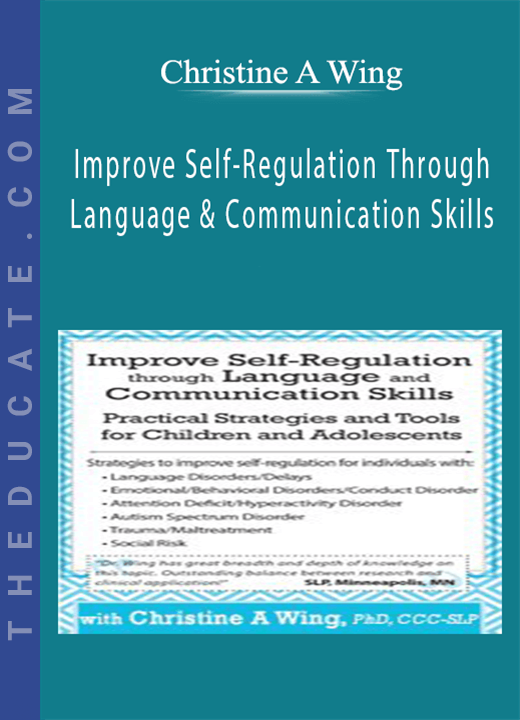

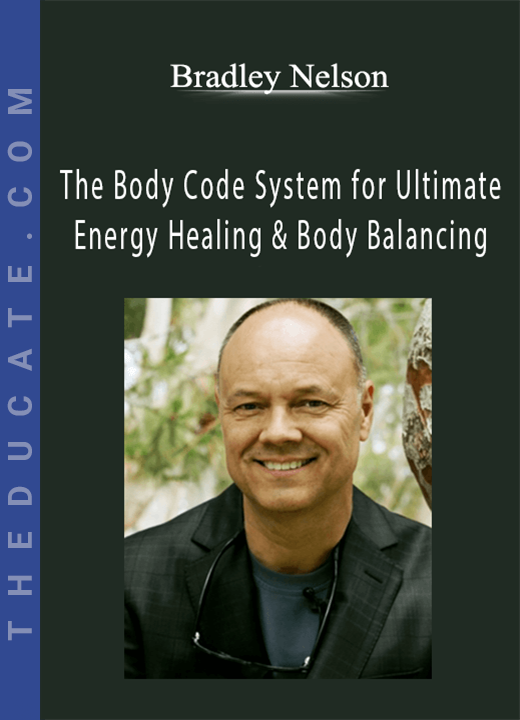
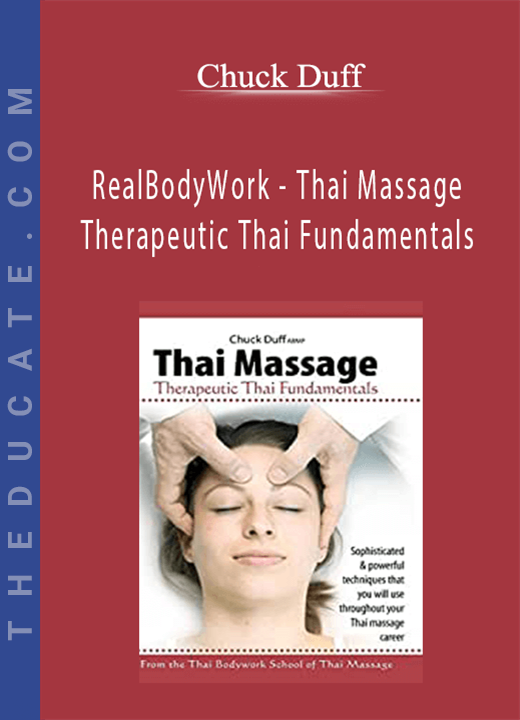
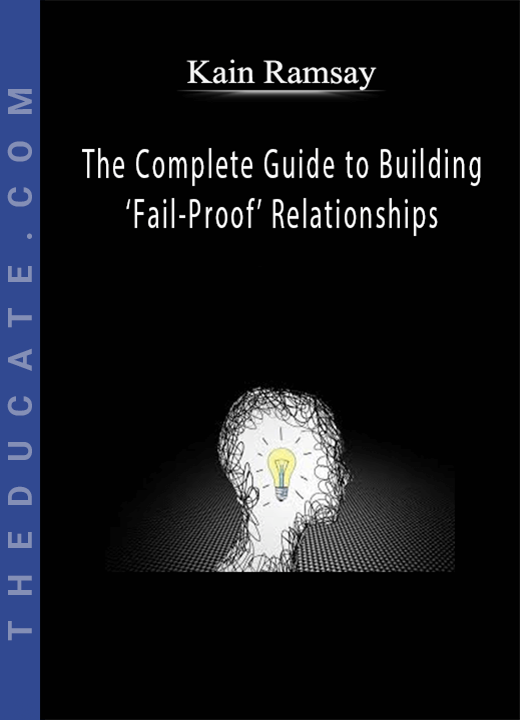
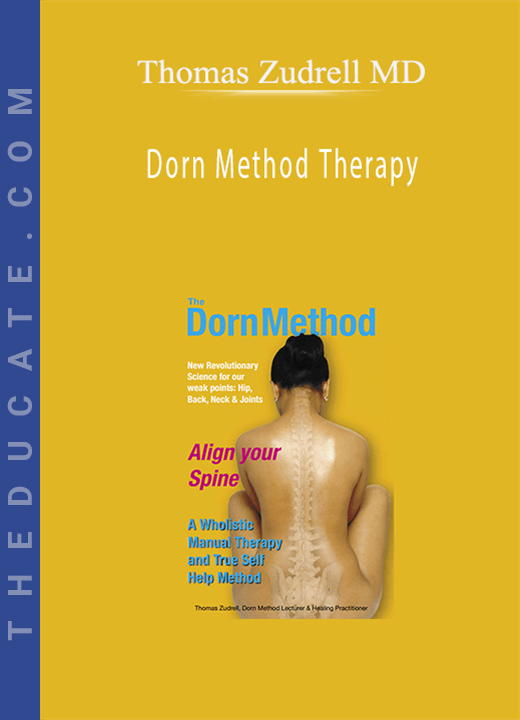
5 reviews for Christine A Wing – Improve Self-Regulation Through Language & Communication Skills: Practical Strategies & Tools for Children & Adolescents
There are no reviews yet.